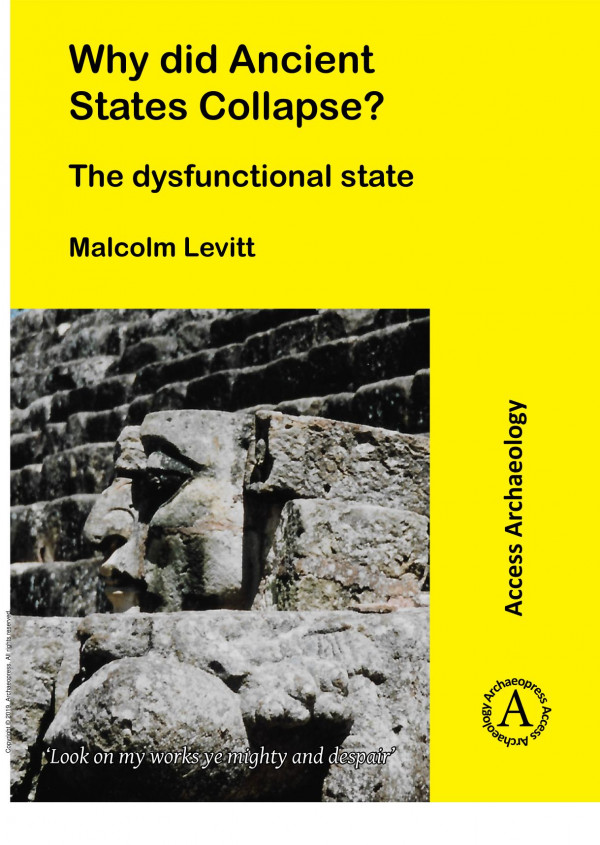(Ebook) Why Did Ancient States Collapse? : The Dysfunctional State by Malcolm Levitt ISBN 9781789693034, 1789693039
Ancient states were rooted in agriculture, sedentism and population growth. They were fragile and prone to collapse, but there is no consensus on the causes or meaning of collapse, and there is an ongoing debate about the importance, nature and even existence of state-wide collapse. Explanations of collapse in terms of the competing mono-causal factors are found inferior to those incorporating dynamic, interactive systems. It is proposed that collapse should be explained as failure to fulfil the ancient state's core functions: assurance of food supplies, defence against external attack, maintenance of internal peace, imposition of its will throughout its territory, enforcement of state-wide laws, and promotion of an ideology to legitimise the political and social status quo. To fulfil these functions certain necessary conditions must be met. The legitimacy of the political and social status quo, including the distribution of political power and wealth, needs to be accepted; the state should be able to extract sufficient resources to fulfil its functions such as defence; it must be able to enforce its decisions; the ruling elite should share a common purpose and actions; the society needs to reflect a shared spirit (asibaya) and purpose across elites and commoners who believe it is worthy of defence. Weaknesses and failure to meet any condition can interact to exacerbate the situation: maladministration, corruption and elite preoccupation with self-aggrandisement can induce fiscal weakness, reduced military budgets and further invasion; it can induce neglect of key infrastructures (especially water management). Inequality, a commonly neglected factor despite ancient texts, can erode asibayaand legitimacy and alienate commoners from the defence of the state. These themes are explored in relation to the Egyptian Old Kingdom, Mycenae, the Western Roman Empire (WRE), and the Maya. They all exhibit, to varying degrees, weaknesses in meeting the above conditions necessary for stability.
*Free conversion of into popular formats such as PDF, DOCX, DOC, AZW, EPUB, and MOBI after payment.


